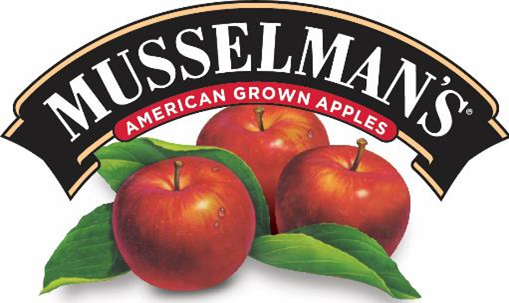
Happy Heart Month!
February’s the month where we celebrate love (and eat all the chocolate!), but it’s also American Heart Month. Heart Disease is the leading cause of death for men and women in the U.S., making it imperative to keep our hearts healthy and happy! One of the most important factors in preventing heart disease is a healthy diet. So, as we embark into this month, let’s celebrate both love and heart health!
Improve Your Hearth Health in Small, Simple Ways
Fat
Fat has gotten a bad reputation, especially in the realm of heart health. However, not all fats are bad fats. Strive to eat more unsaturated (healthy) fats, and limit saturated (unhealthy) fats.
Unsaturated Fats
Unsaturated fats are found in plant oils and can be either monounsaturated or polyunsaturated. Monounsaturated fats include olive oil, avocados, and some nuts. Monounsaturated fats are heart healthy because they help maintain HDL (good) cholesterol levels. Polyunsaturated fats consist of omega-3 and omega-6 fatty acids. Omega-6 fatty acids are found in plant oils and nuts. Omega-3 fatty acids are found in fatty fish like salmon, mackerel, and tuna.
Saturated Fats
Saturated fats are the “bad” fats. Saturated fats are found in animal sources like butter, dairy products, and fatty meats. Saturated fats raise LDL (bad) cholesterol levels. LDL cholesterol can build up and cause blockages in arteries, causing strain on the heart when pumping blood to areas of the body.
To promote heart health, replace sources of saturated fat with unsaturated fats. Replace butter with olive oil or avocado. Try plant based protein sources like beans and tofu in place of animal protein a few times per week. Switch to low fat or fat free dairy products. These small changes will make a big difference!
Sodium
Sodium is everywhere! Sodium is present in most processed foods and often added to meals. However, too much sodium intake can lead to serious health problems including heart disease. Reduce salt intake and help reduce your risk for developing heart disease!
Remove the salt shaker
Take the salt shaker off your table and replace it with salt free seasonings.
Prepare food at home
The most common source of sodium is from pre-packed, processed foods and foods from restaurants. Cut down on your salt intake by making your own food. Add flavor with alternative spices and herbs like garlic, pepper, cumin, and salt-free blended seasonings.
Try unsalted snacks
Many favorite snack foods are high in sodium. Try unsalted versions of your favorite snacks like nuts, pretzels, and whole wheat crackers. Fruit and veggies are naturally salt free snack options!
Nut Butter Energy Bites
Try these easy Nut Butter Energy bites next time you’re in need for a low sodium snack that’s loaded with healthy fats!
https://blog.onpoint-nutrition.com/recipe/peanut-butter-chia-energy-bites
Ingredients:
-
- 2 1/4 cup quick oats
- 1/2 cup almond or natural peanut butter
- 3 tbsp pure maple syrup
- 2 tbsp coconut oil, melted
- 1 tbsp chia seeds
- 2 tbsp water
- 2 tbsp dark chocolate chips
Instructions:
-
- Pour all ingredients into a large bowl and mix well.
- Roll into bite sized balls – makes about 20.
- Store in freezer.






